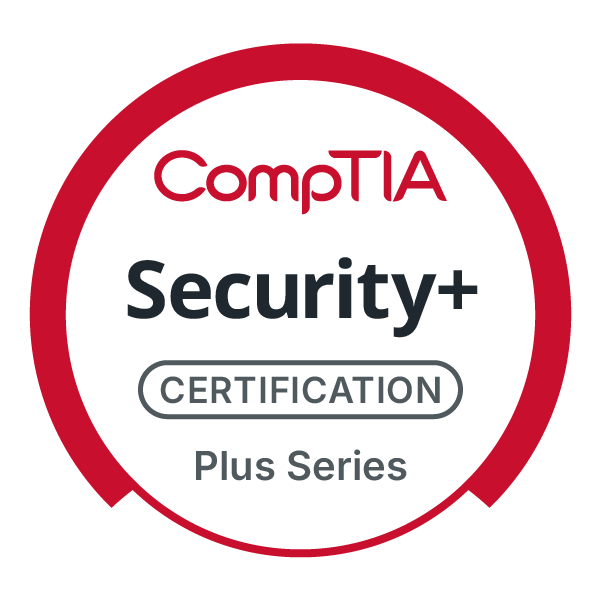Let's go down the road of Zero Trust and Zero Trust Network Access (ZTNA) for a moment.
Let's begin with Zero Trust. Zero Trust is a broad security model!
Zero Trust assumes that no one, or nothing, should be trusted by default, which will require continuous verification before granting access to resources.
Zero Trust Network Access (ZTNA) on the other hand, is a specific implementation of the Zero Trust security model, with its focus primarily on securing remote access to applications and data, by strictly controlling user and device authentication before granting access - essentially acting as a more secure alternative to traditional VPNs.
Zero Trust -> the overall security philosophy.
Zero Trust Network Access (ZTNA) -> a technology, used to achieve the security philosophy in the context of network access.
Some key differences:
Scope:
- Zero Trust applies to all aspects of security across an organization.
- ZTNA specifically focuses on managing access to applications and data from anywhere, especially for
remote users.
Implementation:
- Zero Trust is a broader framework, that can be implemented through various technologies and
strategies
- ZTNA is a specific technology, used to enforce zero trust principles for network access
Focus:
- Zero trust emphasizes continuous verification, and least privilege access, across all systems
- ZTNA focuses on user identity and device posture, before granting access to application, often
bypassing the traditional network perimeter.
My Summary:
Zero Trust
- a framework
- a security philosophy
Zero Trust Network Access (ZTNA)
- a technology
- the item used to enforce the security philosophy
Okay, all this is nice to know, but that's not why I stopped by. What I wanted to ask,
is Zero Trust Network Access (ZTNA) covered in any of the CompTIA courses?
Thanks CINners


